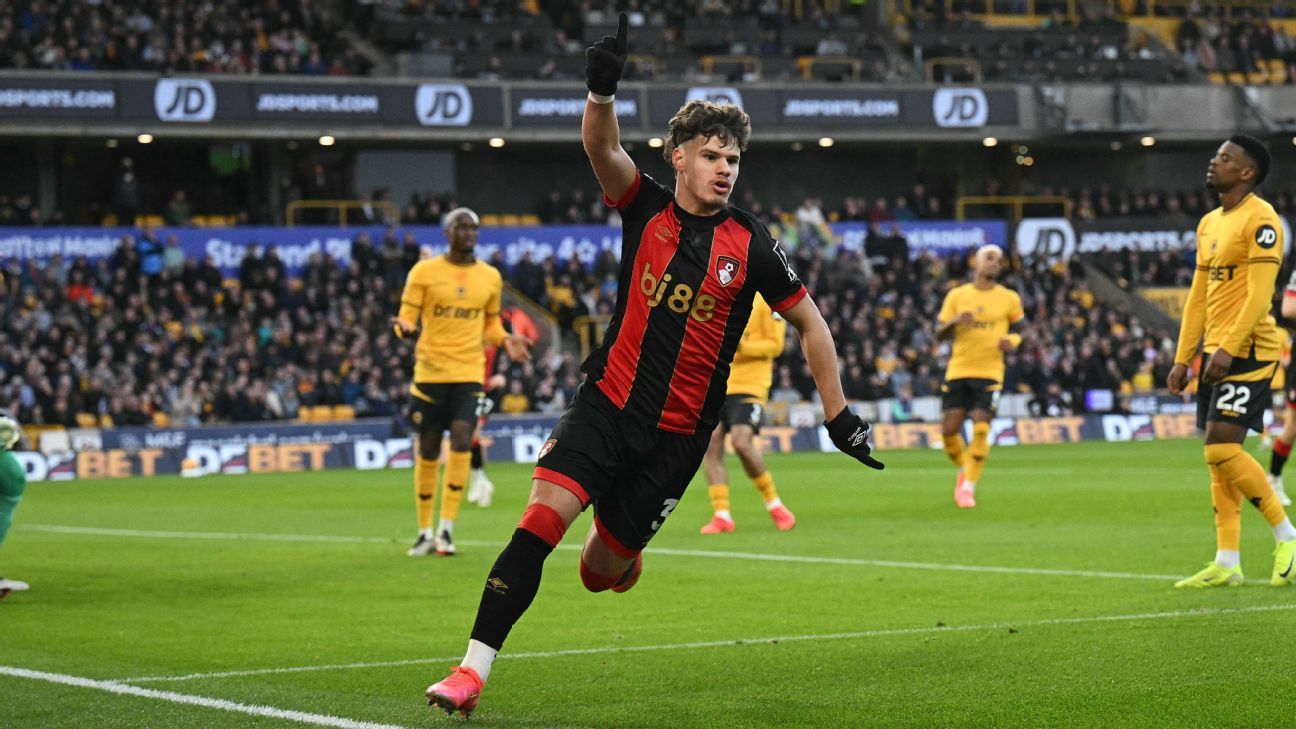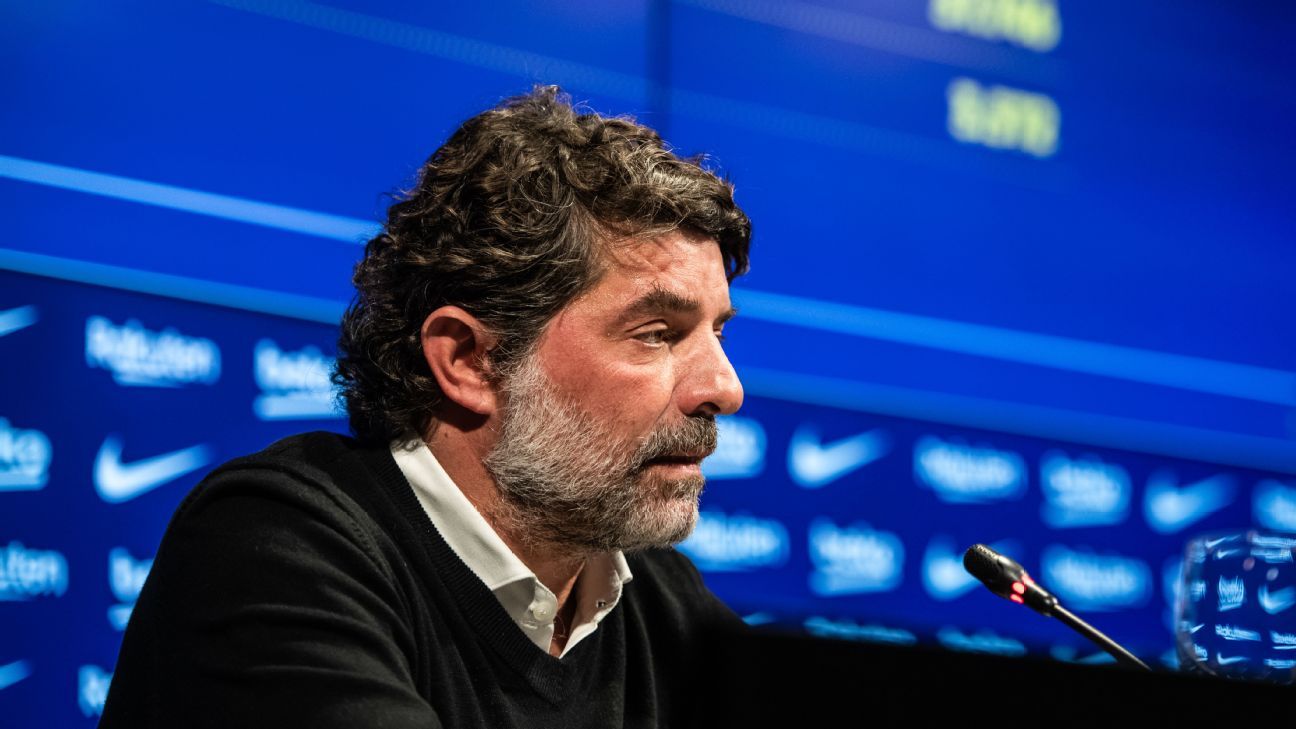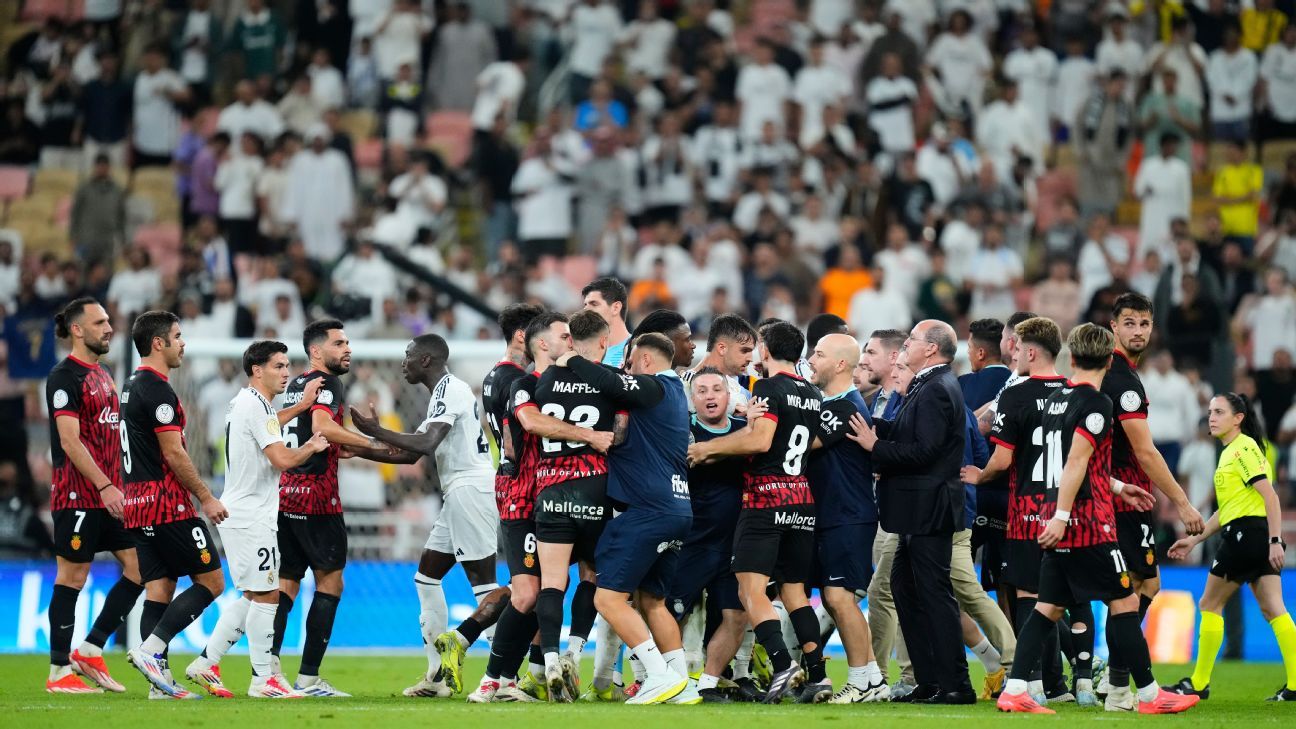Ben Welch
Jul 23, 2024, 12:00 PM
Perched on a rock surrounding by the soothing sounds of a flowing stream and tweeting birds, Erling Haaland cuts a serene figure. Sitting cross-legged with hands out and eyes closed, the striker adopts the same meditative pose that fans of Manchester City have seen when he celebrated one of his many goals for the club.
This tranquil scene, captured in a video posted on Instagram on the day of the Euro 2024 final, stands in stark contrast to the chaos that unfolded in Berlin between England and Spain. While others clashed on the pitch, Haaland sought solace in stillness, recharging his mind, body and soul before another 10 months of physical and psychological strain.
In a sport dominated by muscle and mettle, Haaland's secret weapon is something far less in-your-face. He looks to meditation, and he's not the only one drawing strength from this ancient practice. Cristiano Ronaldo, Mohamed Salah and Raheem Sterling have all searched for answers in the quiet power of the mind.
The next generation of footballers are also using it to sharpen their edge. In an interview with Gary Neville, Newcastle United and England winger Anthony Gordon said meditation has become a crucial part of his routine, helping him manage pressure and visualise success. The practice is increasingly recognised as a game-changer, enabling athletes to shut out the noise and focus on the moments that define their careers.
According to the Cambridge English Dictionary, meditating is "the act of giving your attention to only one thing, either as a religious activity or as a way of becoming calm and relaxed." Sounds pretty useful for sport, right? When the pressure is on, the practice of meditation can help an athlete to stay present in the moment and execute the next action, regardless of previous successes or mistakes.
Using meditation is nothing new outside the cynical, high-stress world of football. Renowned sports psychologist George Mumford has been training athletes to find comfort in discomfort since 1993. His work with renowned basketball coach Phil Jackson helped the Chicago Bulls and the Los Angeles Lakers navigate the intense "stress of success" to win 11 NBA championships. Mumford's techniques have proven instrumental in enhancing mental resilience and focus, underlining the impact of mindfulness.
"At the top level, you have to be able to accept anxiety and uncertainty so you can tune into what's happening in that moment and shut out the noise," Mumford, who has also worked with soccer teams including Chelsea and Fulham, tells ESPN. "Doing contemplative practice, like meditation, will help manage pressure and stress effectively and create space between stimulus and response, allowing for better decision-making. You have the power to choose your response, rather than just react."
How does it work? A practice of slow, deep breathing stimulates the parasympathetic nervous system, which promotes relaxation. This is often referred to as the "rest and digest" response, and it counteracts the "fight or flight" response mediated by the sympathetic nervous system. Controlled breathing also lowers levels of the stress hormone, cortisol.
Understanding the theory is simpler than mastering the practice. Sitting alone with your thoughts can initially bring on feelings of discomfort and fear as you confront negative feelings you may have suppressed. However, over time, that gives way to freedom and calmness as you master breathing techniques and learn to accept and release these destructive thoughts.
"It's not just sitting quietly and navel-gazing," says Mumford. "The first thing you want to do is be aware of how your body feels when you're breathing, and use it as training to direct your attention and sustain it. By doing that, you'll notice you'll fall into the rest and digest state so you can think about in-game scenarios that trigger a fight, flight or freeze response and figure out how you want to respond."
When up-and-coming athletes see their idols embracing mindfulness, they arguably feel inspired to try it themselves. This ripple effect, alongside the evolving perceptions of mental toughness -- there's a greater focus on emotional intelligence, resilience and psychological well-being, shifting from the traditional stoicism -- has been supported by scientific studies, further validating the benefits of meditation.
"Back 30 years ago, I was referred to as the secret weapon because people couldn't really talk about the spiritual realm and the meaning of being connected to something greater than yourself," says Mumford. "People are more open to it now because the research has caught up."
One study into mindfulness meditation involving collegiate footballers in the U.S. found positive impacts on their performance (enhanced focus and concentration) and well-being (via better sleep and more balance in their daily lives). Over nine weeks, players participated in six one-hour mindfulness sessions, which led to improvements in focus, calmness, and overall awareness. Researchers in Mexico conducted a six-week mindfulness sports performance enhancement (MSPE) program with professional players during a competitive season. The results showed significant improvements in recovery and reduced overall stress, with more mental clarity and emotional regulation.
Despite this, it's never been harder to stop a poor performance leaving a psychological scar. Social media funnels toxic reactions straight into the hands of every footballer scrolling on their phone. Angel City FC defender Sarah Gorden turned to meditation to cope with on-field anxiety.
"I was at a time in my life where all I cared about was external validation," she tells ESPN of her rookie year in the NWSL after she was drafted by the Chicago Red Stars in 2016. "I had so many thoughts going through my mind, so I started meditation to find some peace."
Gorden, who has been diagnosed with ADHD (Attention Deficit Hyperactivity Disorder), initially attributed her poor form to a lack of belief and focus, and explored meditation as a way to improve her performance. But she soon realised it had a profound impact on her personal life, which, in turn, helped clear her mind so she could play with greater confidence.
"I was a single mom and completely overwhelmed emotionally, physically, and financially," she says. "I was living in chaos, and I didn't know what to do with all of my feelings and fears. I had so much anxiety, and I was living all that out on the field. I was putting so much pressure on myself to be a success for my son.
"At first, I just wanted meditation to help me play well, but it's affected me as a human being."
Initially, she found it difficult to meditate for even 10-15 minutes, wrestling with the constant barrage of erratic and negative thoughts. Now she meditates for 20-30 minutes a day after a cold shower, to "create that space" for herself, and uses breathing techniques to snap back to the present. Gorden says meditation has helped her evolve from a rookie who was struggling at the top level to becoming vice-captain of Angel City and twice named in the NWSL's Best XI of the year.
"In the past, I'd say to myself, 'I can't be anxious' and that made me more anxious," she says. "There were times I was controlled by my feelings. For example, when opponents pulled my shirt it would piss me off and I'd get mad and lose focus, and this would lead to a mistake. "But if I take a deep breath and allow my emotions to be there and know they're not me, I can relax and respond in a controlled manner and zone in for 90 minutes, and that makes me feel super powerful."
Houston Dynamo's Griffin Dorsey is another player who "was living the dream," but "wasn't very happy" after being drafted by Major League Soccer team Toronto FC in 2019. Struggling with the ruthlessness and pressure of professional sport, his form plummeted, so he asked Google for answers and found meditation. Initially, he thought it was "hogwash," but 12 months later he's meditating with singing bowls (which produce calming vibrations) and incense, working with a life coach, using acupuncture and journaling to keep him centred.
Dorsey moved to Houston in 2021 and won the club's young player of the year award in his first season. His prematch jitters haven't disappeared, and he sometimes gets lost in those "negative spaces" during a game, but he just bends down to touch the grass, which helps him come back to being present.
"We played Atlanta away this season and I tried to backheel in a position I shouldn't have and they scored," the defender tells ESPN. "Before that, I was playing a great game and that happened and I watched my mind go, 'Oh God, well now you've played a horrible game. You're going to get benched next week.' Then it went, 'Okay, that's happened, it's over, let's move on.'"
Stereotypical perceptions of meditation reduce it to a form of simple relaxation or stress relief practiced by monks or new-age hippies, overlooking its deeper psychological and physiological benefits. For athletes, it gives them emotional control and presence when they're in the thick of stressful competition. This is achieved through visualisation, which in meditation involves creating mental images to focus the mind. It can help athletes gain clarity and confidence when facing high-pressure, stress-inducing challenges during the game.
Other actions, such as taking deep breaths, can anchor them to the present. For example, England players incorporated deep breathing into their routine during penalty shootouts to enhance focus and manage stress. The Three Lions' breathing coach, Stuart Sandeman, uses a technique "designed to disrupt negative thought patterns, release tension, and increase flow."
All of this is geared towards achieving a flow state, or being "in the zone," a headspace where they experience effortless concentration and optimal performance -- like scoring 90 goals in 98 appearances in your first two seasons for the Premier League champions.
So when you see Haaland charging through the defence next season, a swarm of opponents closing him down, know that he has mentally rehearsed this moment. And, if he scores, he'll celebrate inside a noise-filled stadium in the same pose as he did while sitting on a rock with water flowing around him and birds singing.
 (1).png)
 5 months ago
14
5 months ago
14


















